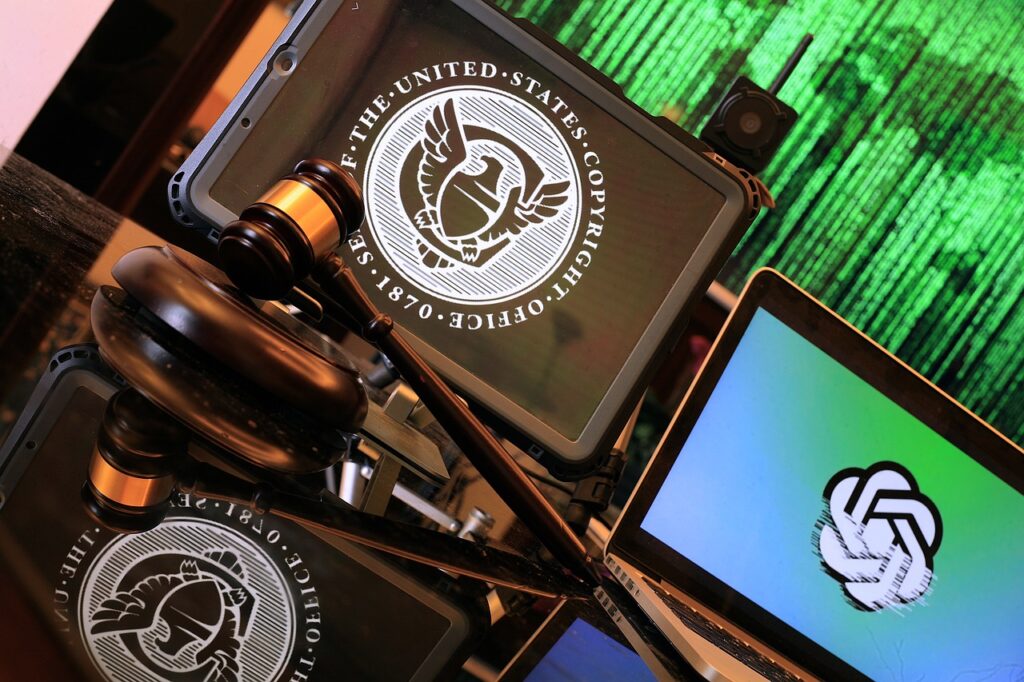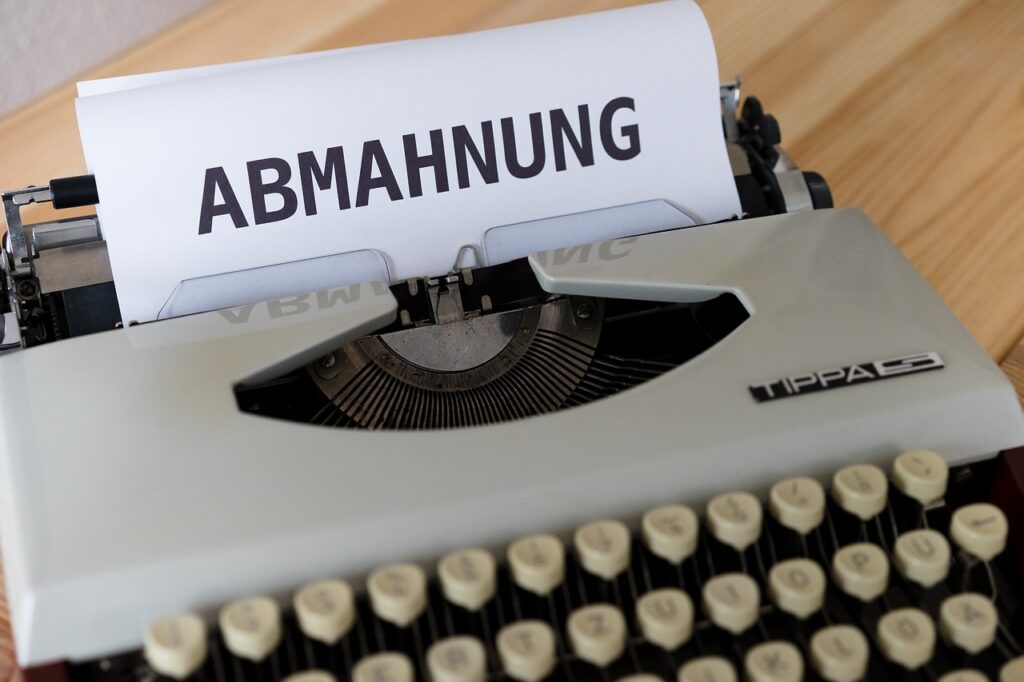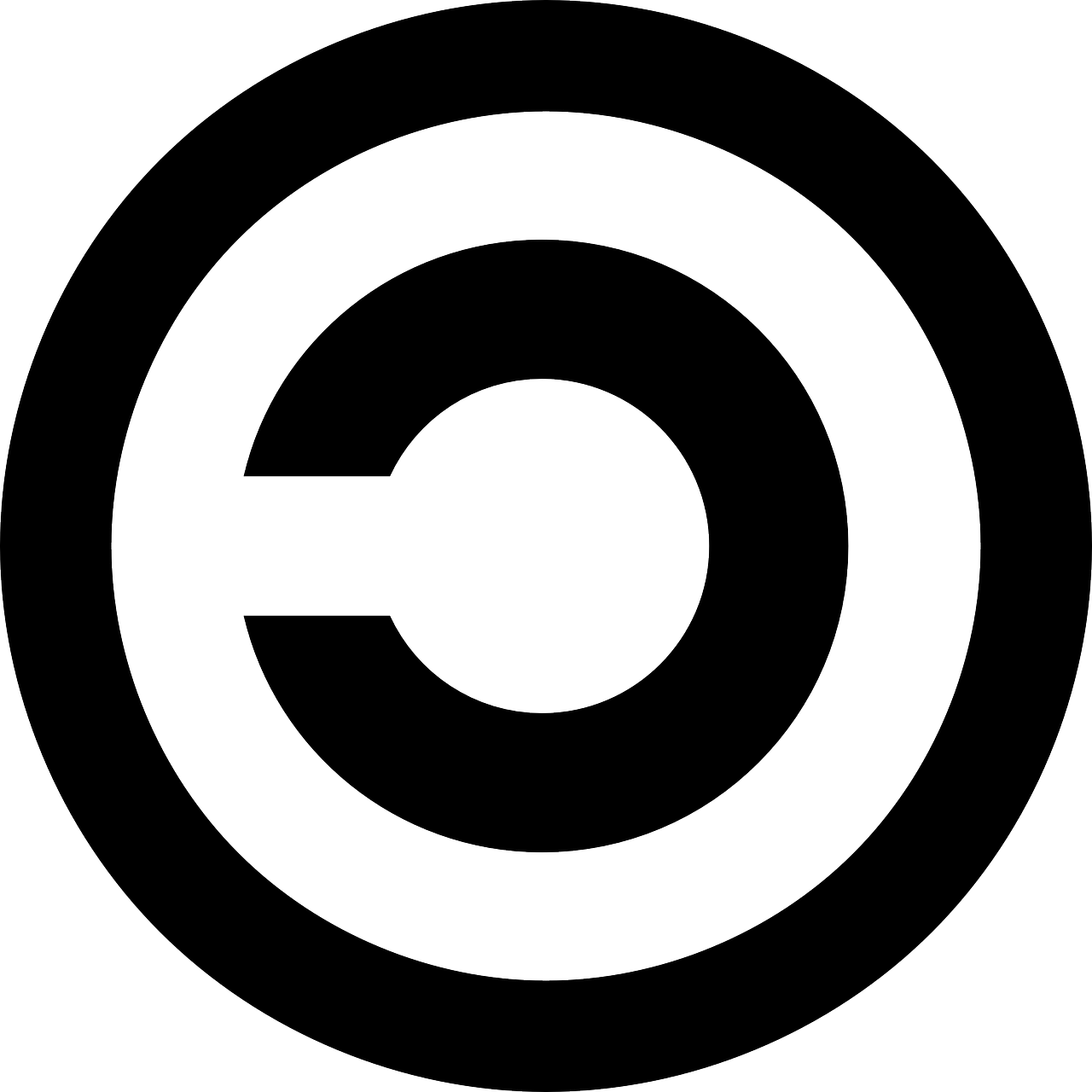Faced with the daunting prospect of navigating copyright laws for your ads? Rest assured, “How Do I Handle Copyright Issues With My Ads?” is here to bring clarity to your uncertainty. This comprehensive article enlightens you on how to effectively manage copyright issues that may arise with your ads, ensuring that you’re utilizing your creative assets with respect to intellectual property rights. Packed with actionable advice and insightful tips, it empowers you to legally and ethically express your brand’s best messages without infringing on the rights of others.

Understanding Copyright Laws
Before you can delve deep into the complexities and nuances of copyright for your adverts, it is crucial to comprehend what exactly copyright laws are in the first place.
Definition of Copyright Laws
At the most basic level, copyright laws are established jurisdictions designed to protect ownership of unique creations. These can range from literature, music, and art, to print and digital media like websites and advertisements. Essentially, if someone creates it, they own it, and that ownership is shielded by copyright laws.
Rights of a Copyright Owner
Now, when a person owns the copyright to a piece of work, they have specific rights over that work. This includes the rights to reproduce the work, display or perform it publicly, distribute copies, and prepare adaptations or additions to the work.
Understanding Fair Use
Fair use, meanwhile, refers to instances where copyrighted work may be used without permission. To determine whether or not an instance falls under fair use, several factors like the purpose and nature of use, the amount of the work used, and the impact on the work’s market value are considered.
Copyright Violations in Advertising
When it comes to advertising, copyright violations can have severe ramifications.
Common Forms of Copyright Violations
A common form of infringement includes using copyrighted materials such as images, sound, or text without the copyright owner’s permission. This could involve featuring a song in an ad without obtaining the rights to it or utilizing an artist’s work without their consent.
Consequences of Copyright Violations in Advertising
The consequences of copyright violations range from hefty fines to dire legal consequences. Additionally, it can result in negative public relations and damage to a brand’s reputation.
Case Studies of Copyright Violations in Ads
Think about the cases like the lawsuit filed against Samsung for using soccer legend Pele’s identity without permission or the case against Gucci for replicating the work of a graffiti artist in an ad campaign. Both cases caused significant backlash for the concerned companies.
Preventing Copyright Violations in Ads
The next question to tackle is how you, as an advertiser, can prevent copyright violations.
Creating Original Content
The most fool-proof way to avoid copyright violation is by creating original content. Having your creative team invest in producing unique ideas, images, and slogans for campaigns guarantees that your work doesn’t infringe on anyone else’s rights.
Understanding When Permission is Required
Understanding when you need permission to use someone else’s work is also vital. Typically, you need permission when your use doesn’t fall under fair use, when you’re utilizingthe copyrighted work as a major component of your advertisements.
How to Get Permission To Use Copyrighted Content
Obtaining permissions to use copyrighted content is often achieved via copyright licenses, which are legal agreements where copyright owners permit the use of their work under specific circumstances.
Navigating Copyright Issues with Images in Ads
Images are a primary component of many ads, and understanding how to navigate their use is essential.
Impact of Copyright Laws on Using Images
Copyright laws significantly impact image usage in ads. Using a copyrighted image without permission could lead to legal action from the copyright owner.
Finding and Using Royalty-Free Images
One way to avoid copyright issues with images is by using royalty-free images. These are images which, once purchased, allows you to use without the need to pay royalties for each use.
Getting Permission To Use Copyrighted Images
If you wish to use copyrighted images, obtaining permission from the copyright holder is key. This typically involves reaching out to the owner and formulating a license agreement.

Handling Copyright Concerns with Music and Sound in Ads
Music and sound are other major components of ads – and they also require careful consideration.
Copyright Laws Associated with Music and Sound
Just as with images, copyrighted music and sound cannot be used without permission. Using such without proper permissions can result in legal implications.
Selecting and Using Copyright-Free Music and Sound
To avoid copyright issues, you might choose to use copyright-free or royalty-free music and sound. These resources are made available either free of charge or for a one-time payment.
Securing Rights to Use Copyrighted Music and Sound
If you desire to use copyrighted music or sound, it’s important to secure the necessary rights by reaching out to the copyright owner.
Using Quotes and Text from Copyrighted Works in Ads
Often overlooked, proper handling of quotes and text is important to avoid infringing copyright laws.
Laws Related to Using Quotes and Text
Using direct quotes from copyrighted work in your advertisement needs to align with fair use guidelines or requires consent from the copyright holder to not breach copyright laws.
Safe Ways to Use Quotes and Text in Ads
A safe way to use quotes or text in ads is by sticking to phrases that are commonly used or in the public domain. Prepared statements and phrases can be developed by your own creative team to ensure originality.
Getting Permission to Use Copyrighted Quotes and Text
As with other types of content, securing permission from the copyright owner is crucial when using copyrighted quotes or text.

Dealing with Copyright Complaints for Your Ads
What do you do if your ad receives a copyright complaint?
Responding to Copyright Infringement Notices
If you receive a copyright infringement notice, the first step is typically to analyze the claim with a legal expert and draft an appropriate response.
Resolving Copyright Disputes
Efforts to resolve copyright disputes usually involve legal negotiations, possibly resulting in license agreements, payments or removal of the disputed content.
Mitigating Damages in Copyright Disputes
To mitigate damages, you might redo the action, align with the copyright conditions, seek licenses or pay required fees. It’s also possible that retracting the ad might appease the complainant.
Understanding Trademark Laws and Ads
Understanding trademark laws can help avoid copyright complexities in ads.
Definition and Rights of Trademark Owners
A trademark is a unique symbol, logo, word, etc., that a business uses to distinguish its goods. The trademark owner has the right to use this mark and can prevent others from using similar items.
Differences Between Copyright and Trademark Laws
While copyrights protect creative works, trademarks protect brands. Understanding this difference can help you to avoid cumbersome legal battles.
Preventing Trademark Violations in Advertising
To avoid trademark violations, be sure to create unique logos and slogans, and run thorough searches to ensure they are not already in use.

Strategies for Ensuring Copyright Compliance in Advertising
There are strategies you can adopt to ensure your adverts are legally sound.
Role of a Copyright Attorney
The expertise of a copyright attorney can prove invaluable in tracking and understanding the often-confusing nuance of copyright laws.
Incorporating Copyright Laws in Your Advertising Strategy
Incorporate awareness about copyright issues in your strategy. This can be via due diligence, audits, and consistently seeking permissions when required.
Educating Your Team about Copyright Laws
Continual education and workshops for your team can help keep them updated about copyright laws and changes.
Updated Best Practices on Copyright Issues in Advertising
Keeping up with best practices and changes in copyright laws is a dynamic way to ensure you are on the right side of the law.
Staying Updated with Changes in Copyright Laws
Copyright laws do change, so it’s crucial to keep yourself, and your team, aware of these changes.
Industry Standards and Best Practices
Adopt industry-best practices and standards. They often provide a roadmap to navigate complex issues, including copyright.
Learnings from Landmark Copyright Cases in Advertising
Consider examining landmark copyright cases in advertising. These cases can provide practical insights into how to avoid similar instances in your adverts. These can be a valuable addition to your toolkit for handling copyright issues with your ads.






